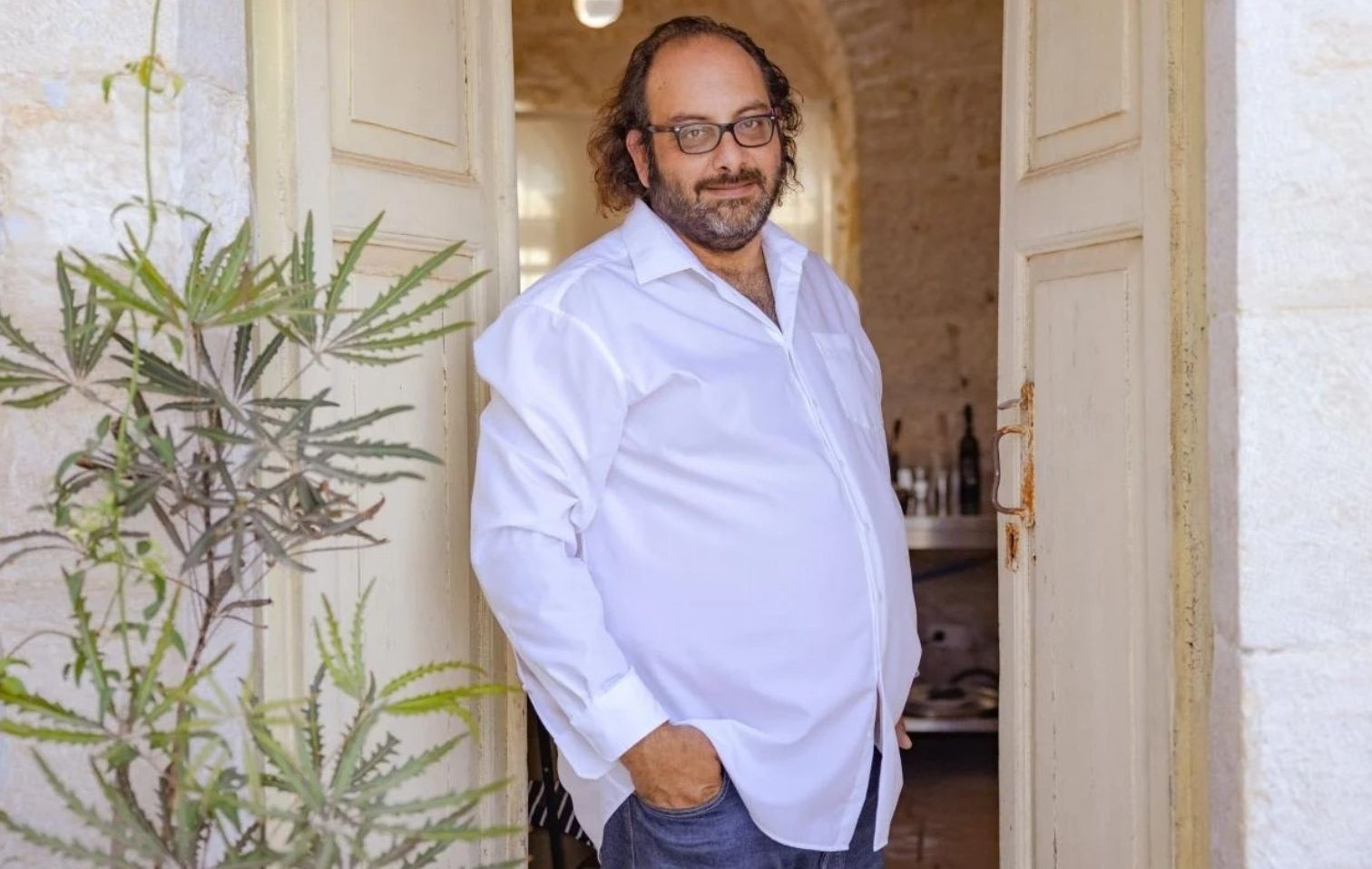"In addition to feeding those who pay for our food, we must also feed those who cannot buy it." Between solidarity initiatives and books chronicling the gastronomy of his homeland, Fadi Kattan supports the Palestinian people.
The story
Bethlehem, Fadi Kattan's first literary venture, is not yet another book by a chef who simply recounts the recipes of his heart or those that are the figment of his imagination - although the 240 pages include those as well - but a tale that honors his hometown and, more importantly, the people to whom the French-Palestinian chef belongs. The book by Kattan, chef and owner, along with Rasha Khouri, of the Akub restaurant in London (which opened in 2023 after the previous Fadwa restaurant closed due to the pandemic) is a true celebration of the West Bank city.
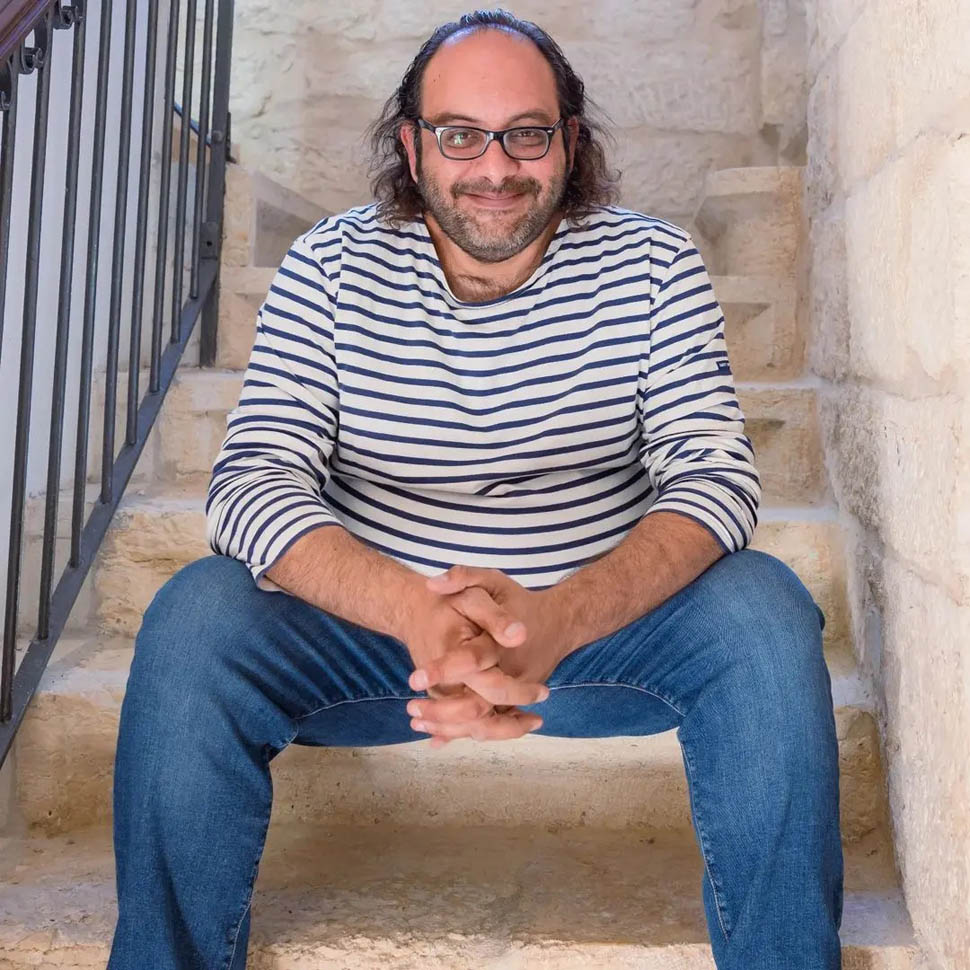
Fadi's willingness to tell about his origins came about two and a half years ago, well before the tragic Hamas attack on Israel last Oct. 7. "When I was operating at Fawda's I would often leave the kitchen and go and talk to guests. Many of them were tourists who had come to Bethlehem to see the main historical sites, but almost always their tours did not include visits to the food markets, bakeries and spice stores that, for me, are the essence of the town. I would, therefore, offer to take them with me the next day to tell them the real story of Bethlehem," Kattan tells to Restaurant Online. Stepping into the shoes of a tour guide sparked a desire in Fadi to walk readers of his volume through the streets and people of the city.
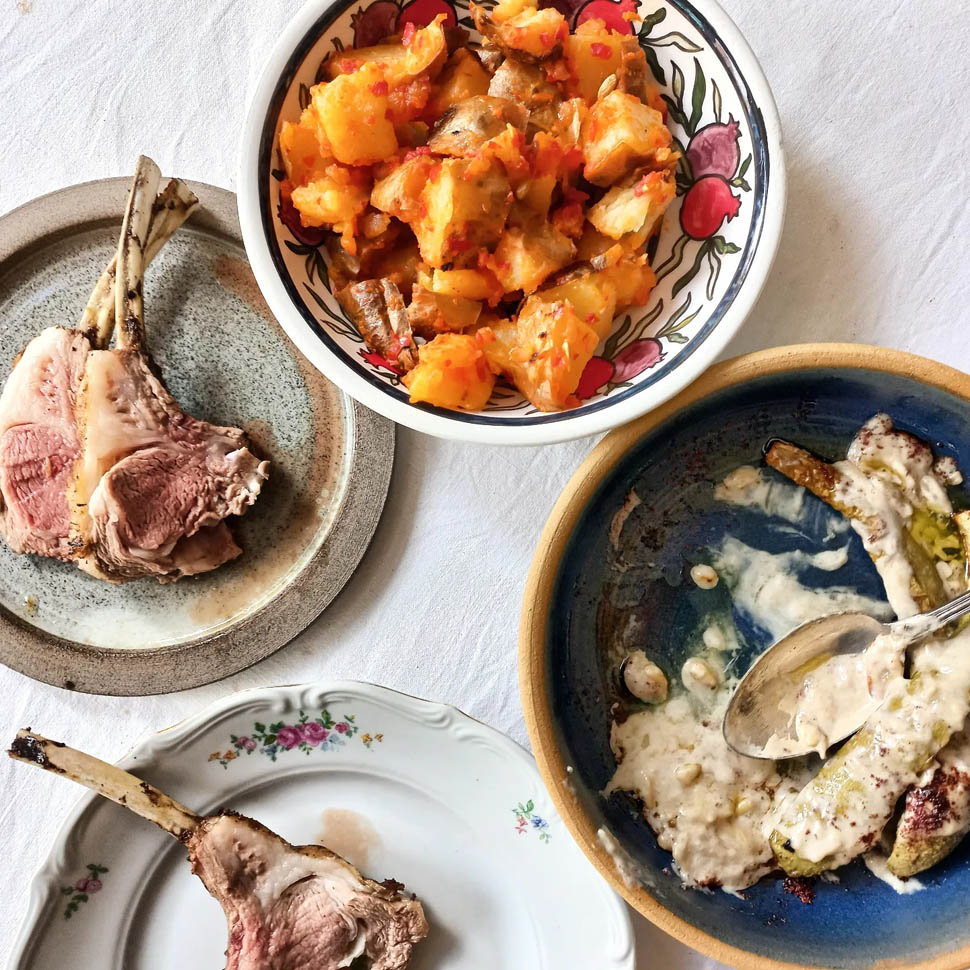
In the book, divided into four broad chapters - as many as the seasons - Kattan presents some 60 recipes (some of his own invention, others inherited from his family) that alternate with the stories of local farmers and artisans such as, for example, Abu Hussein, owner of the West Bank Salt Company, which markets salt harvested from the Dead Sea, the Natsheh brothers, butchers in Bethlehem, and Um Nabil, the "queen of herbs." "The desire to write a book was always there, but I had to think about how to take people on a journey through Bethlehem. I live there, it's not like I have a house in London and I go back every now and then, I'm there for most of the year, I breathe the city every day, so I had to think about how to tell people about it."
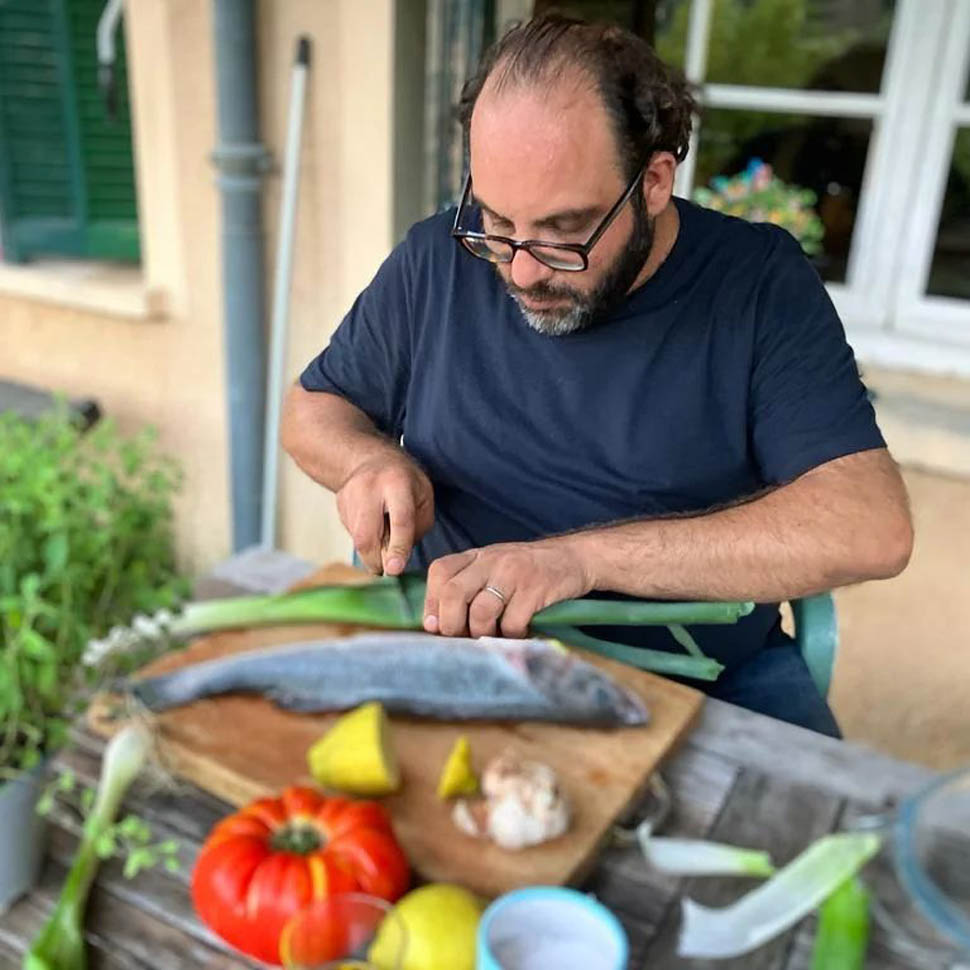
Although he had been working on his book for a long time, lately Fadi repeatedly questioned whether publishing it at such a critical and complicated time for his city and its people was appropriate. "In the first months after Oct. 7, I couldn't even cook anymore, I would stand in front of the stove and cry because I have friends and I have family in Gaza," he tells The Independent. "I asked myself, how can I get a book out while my people are being slaughtered? But then I thought: we are at a time when many people don't realize who the Palestinians are and they attribute to Palestine an image that has been artfully constructed, that's why I felt the need to publish it. There are people who think of the Palestinians as a devil, this image needs to be countered. I come from a Christian family and I find it shocking that at Christmas all the churches in the world pause to celebrate my city, but most people can't point to it on a map. Someone has to tell the story."
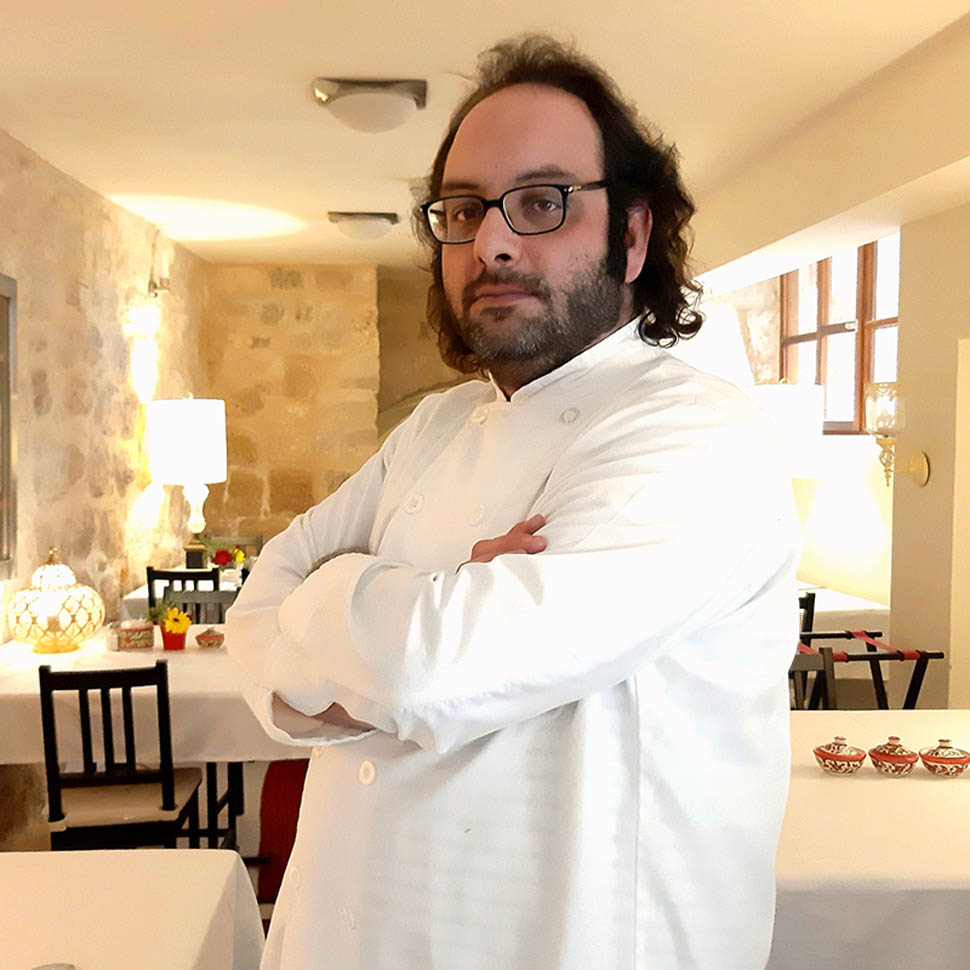
As a result of these long and delicate moments of reflection, Kattan then began to see his book as a real means of presenting his city. "One thing this process has shown me is how proud the people of Bethlehem are of their city, by reading it many people told me they were moved by it. When you find yourself living in a region that is suffering like Bethlehem is right now because of occupation and war, most people forget that pride exists and I was one of them. I have learned to be fair in recognizing the privilege I have by living here. Many people have a special relationship with the town, often based on nostalgia; this book is meant to make the point that Bethlehem has not disappeared. It is not a history book, nor a "conservative" book: it is a cookbook and it is alive. Food for me should not be militant. My book will not free Palestine, but it might get people to start asking questions that go beyond that."
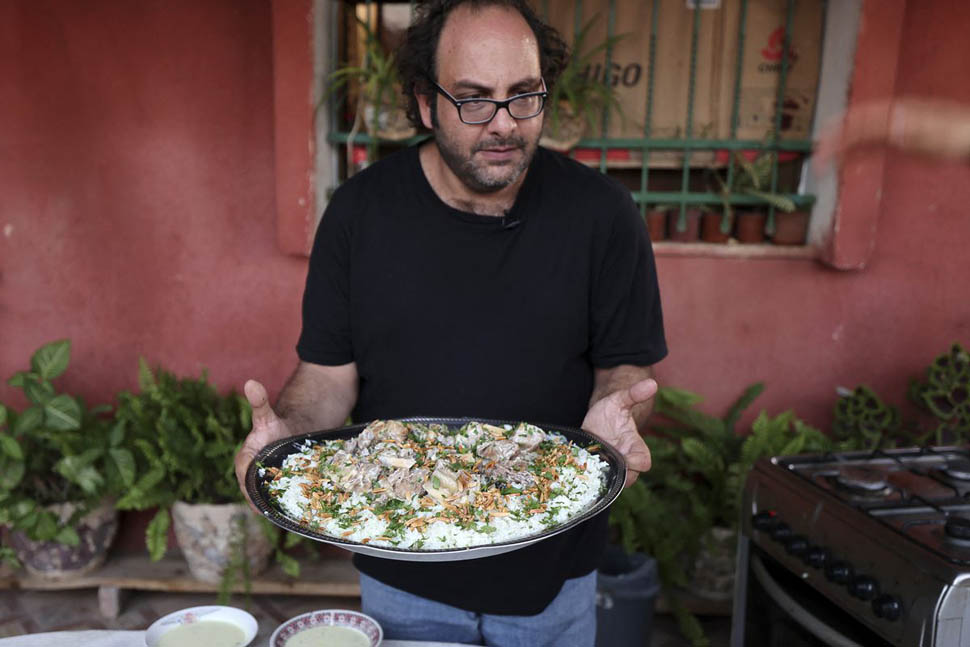
So he continues in the interview with Restaurant Online. In the book Kattan talks about the three main terroirs of his land - the typical Mediterranean coast, the hinterland of olive, almond and fig trees, and the desert - and its being, by nature, a crossroads of cultures. Bethlem is a text without dogma or constraints, because that is what Fadi learned from his family, so referring to his mother's lentil soup recipe he comments, "It is not a precise and constant recipe, my mother kept adding or changing and I think that's why cooking is beautiful, I don't like dogma. Dogma is something that scares me, and the great thing about my mother's cooking is that such things don't exist." Fadi hopes his readers will keep this principle in mind when cooking his recipes and invites them to make them their own. "If I put three cloves of garlic among the ingredients and you don't want to put any or five, that's okay, the recipes are meant to be alive. I think that's what my mother really taught me."
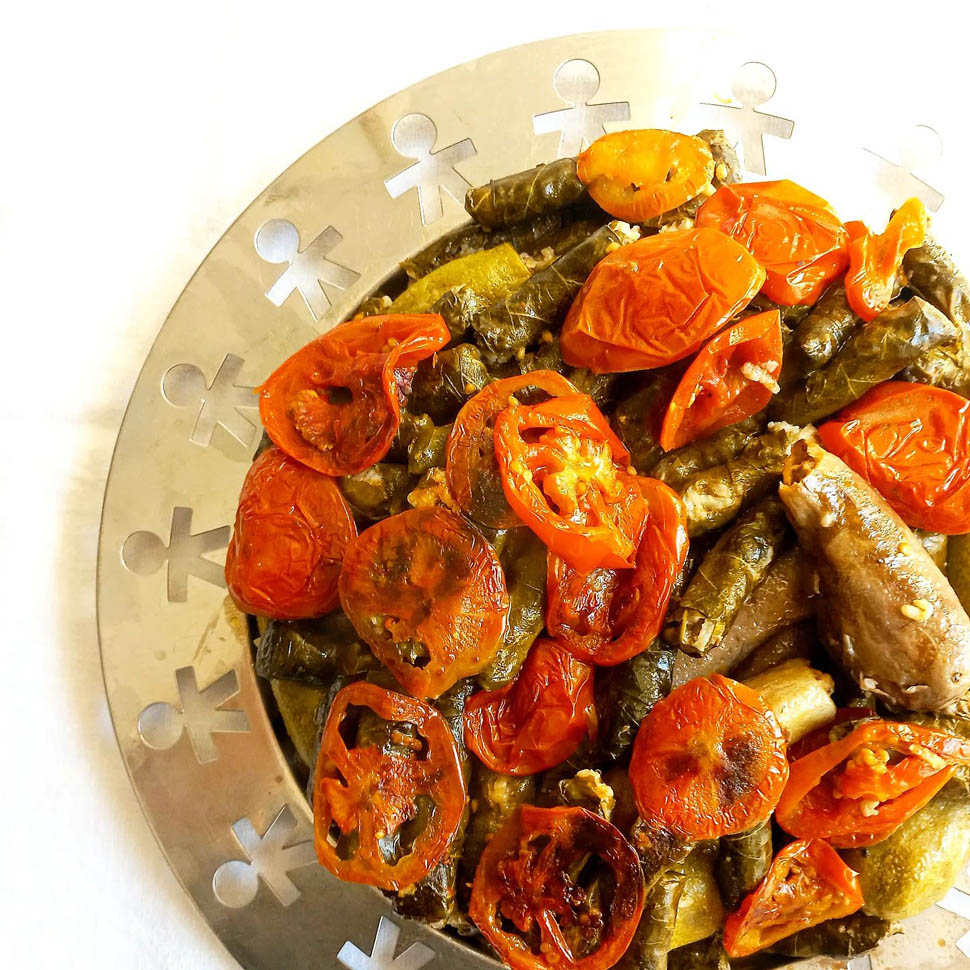
Kattan not only shows empathy with his people and love for his land with the noble art of writing, but also with concrete gestures; since October, in fact, he and his partner have been organizing charity events to raise funds for Gaza, as well as monthly dinners to promote Palestinian ingredient suppliers where a percentage of the profit is donated to entities including Medical Aid Palestine and the Amos Trust. In the Geneva Refettorio, then, he set up a free dinner for people who could not afford to pay. "Serving people who usually do not have the opportunity to sit in a restaurant was important. It was a life lesson, because that's exactly what my grandmother did in her association, the Arab Women's Union of Bethlehem. My idea? Of course, we have to feed those who pay for our food, but also feed those who cannot pay for it - we use our trade to make things better so that it has humanitarian implications."
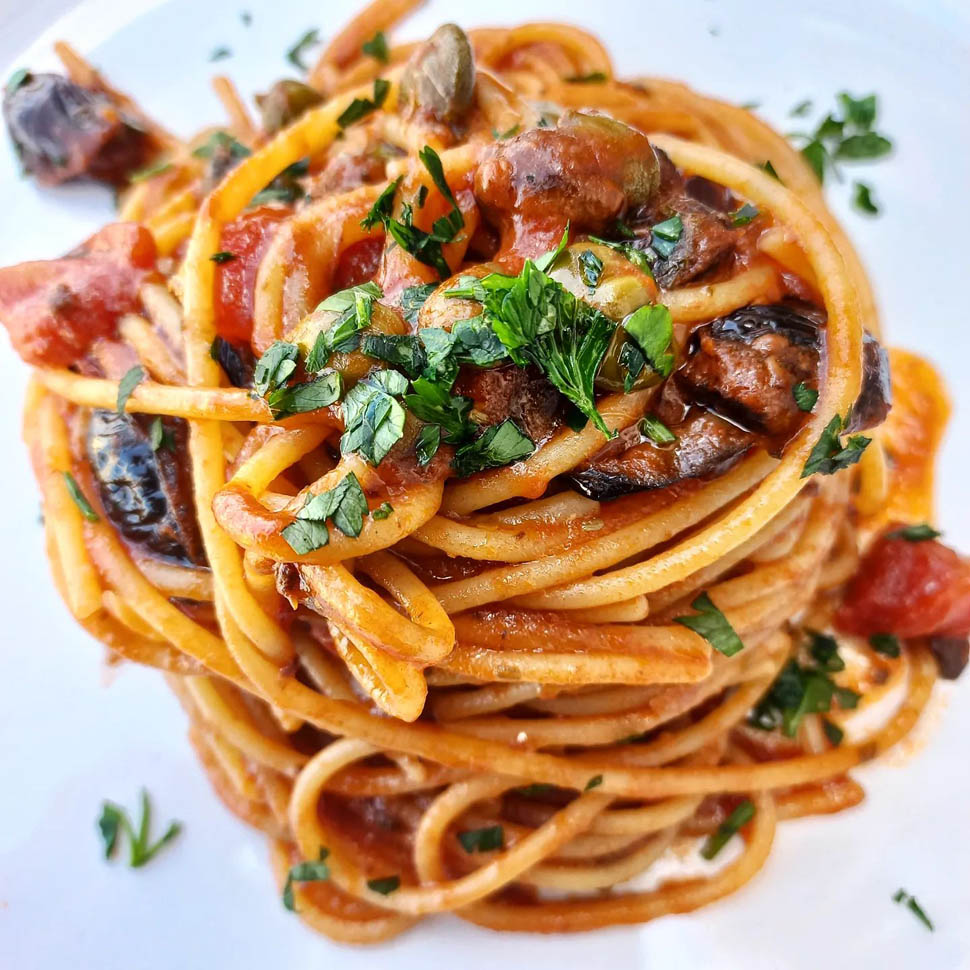
With that in mind, Kattan says he does not want to return to kitchens with a "very hard and rough atmosphere," explaining, "It's something I did a long time ago. I don't want to see that again, I don't want to build teams like that. What I want are teams and people in kitchens that are really healthy, growing spaces."
